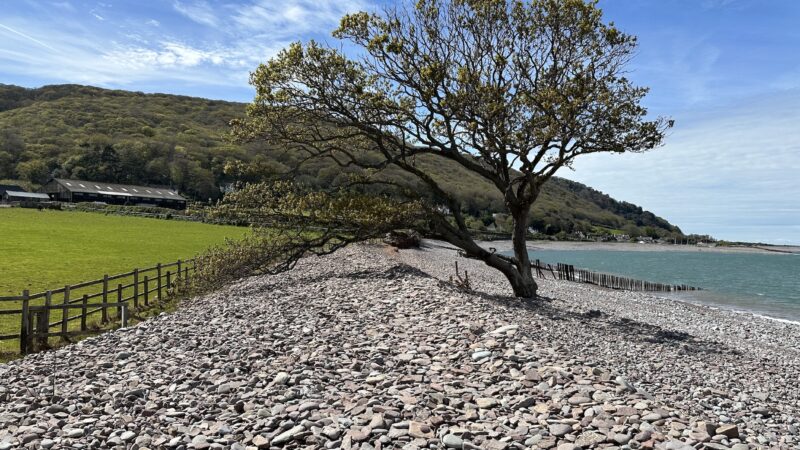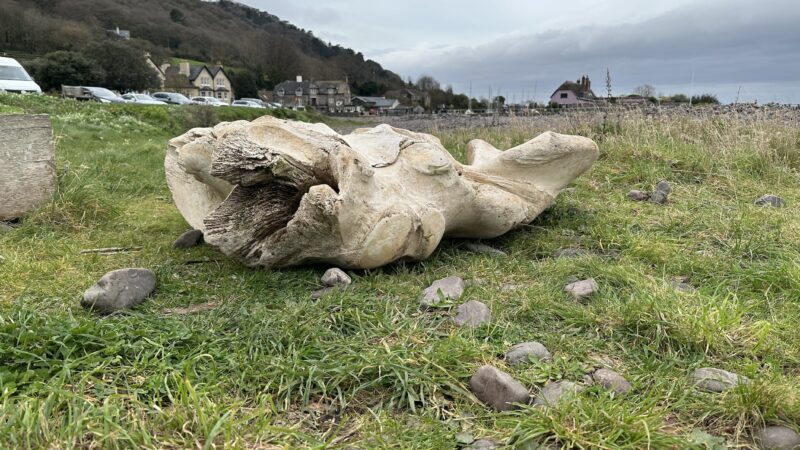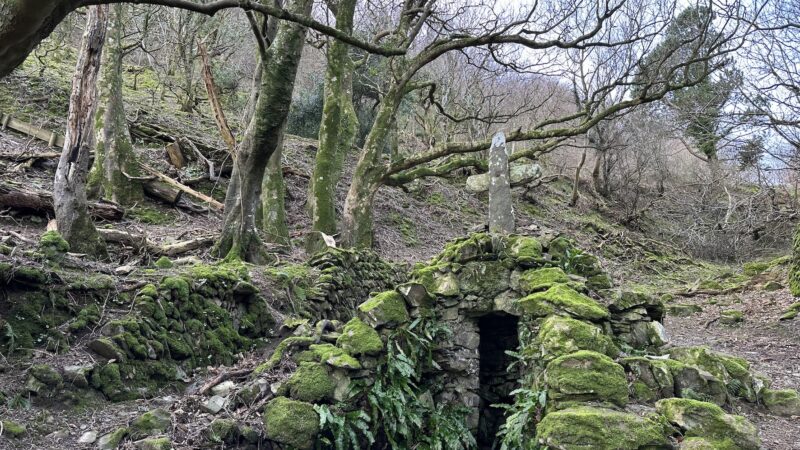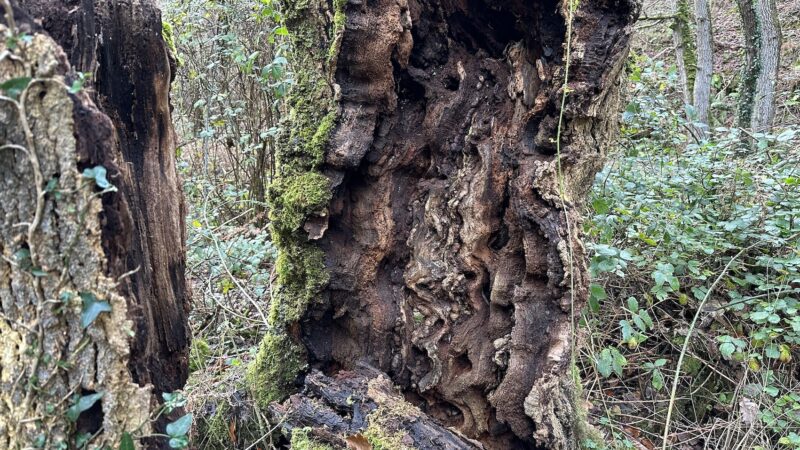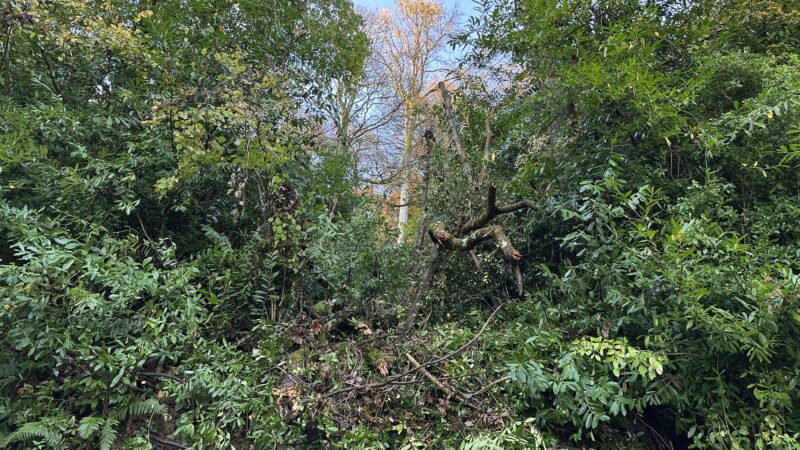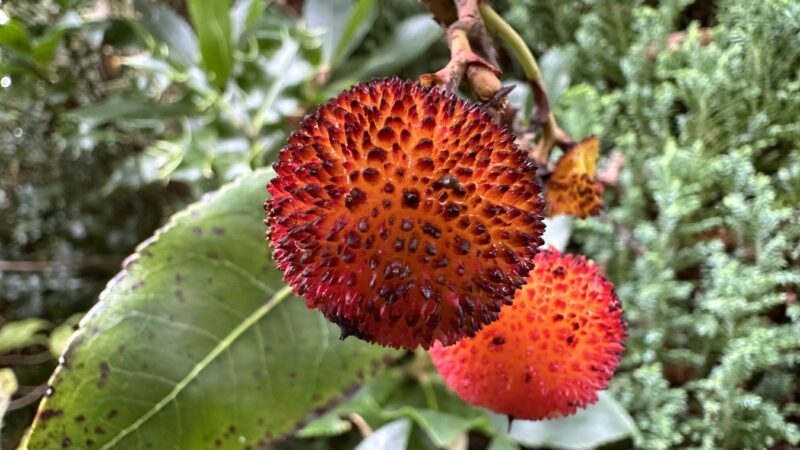Shrimps in the splat
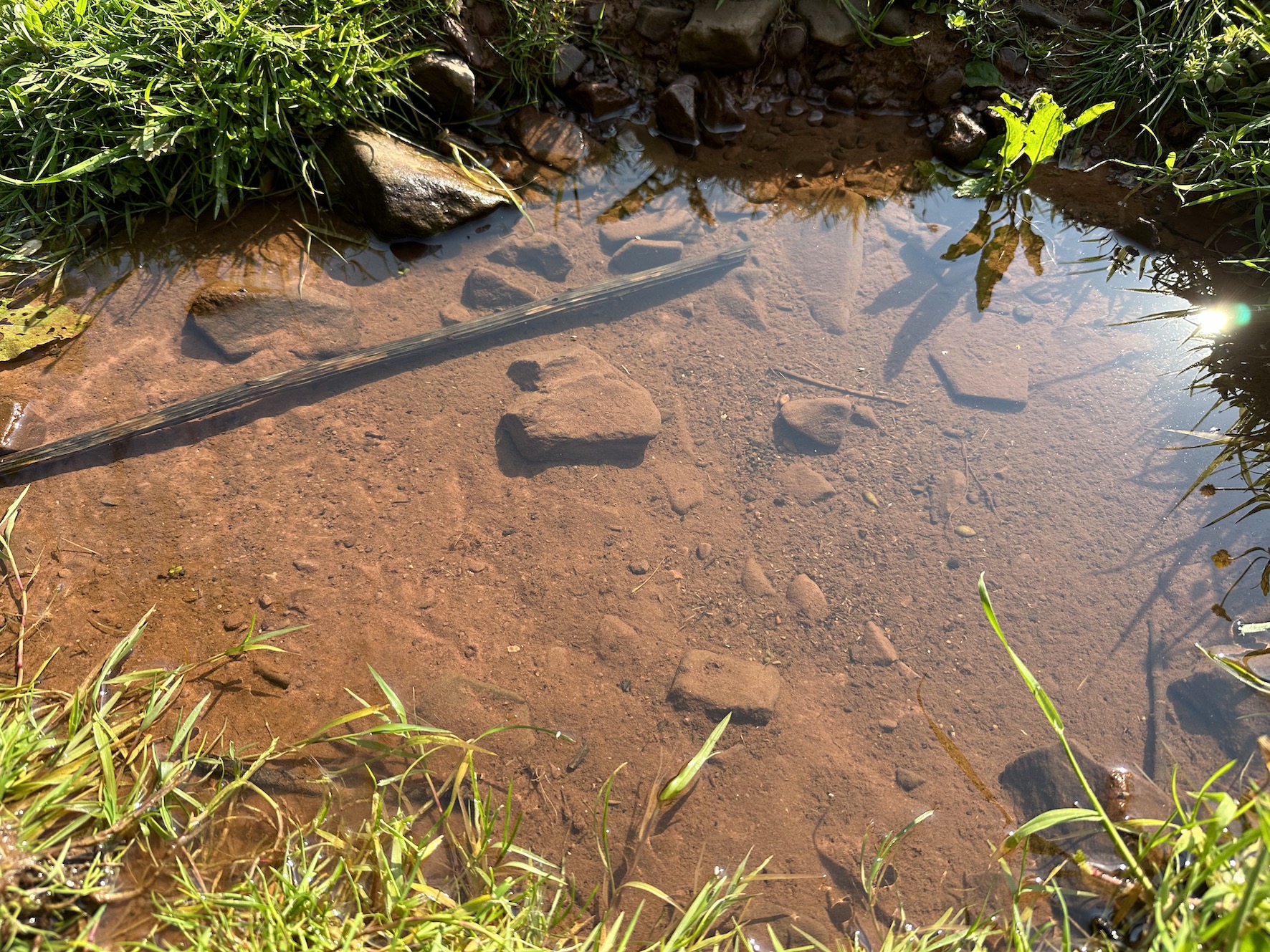
Half a finger deep and easily stepped over, the little pool in the meadow offers a glass-clear, pebbly bowlful of water. It’s filled by a tiny rivulet that trickles through a runnel in the grass, the sides starred with blue flowers of forget-me-not and licked-yellow buttercups.
The Exmoor dialect name is a “splat”; a small spring forming persistent puddles. During the recent weeks of hot, dry weather this eye-shaped spill has been a lifesaver for hedgehogs and the other small mammals that come here at night to drink.
A piece of stick has become lodged against one side, so I reach in and lift it out, triggering a micro-pandemonium and underwater plumes of red sand. The stick is hollow – it’s a dead thistle stem – and sheltering inside it and below where it lay is a community of freshwater shrimp (Gammarus pulex).
These crustaceans are not true shrimps, but an amphipod similar to the sandhoppers found pinging around on beaches. I gently replace the stem and watch as a dozen brownish creatures zoom and scoot, twisting to reveal deep, flat bodies propelled by a rippling fringe of legs. Some are so small and transparent as to be barely visible, while the largest are almost a centimetre long, big enough to see their long antennae and the segments in their curved bodies. This tendency to move side-upwards has earned them the names “scuds” and “sideswimmers”.
The ones I saw were swimming separately from each other, perhaps a sign that they had not yet begun to reproduce. When they breed, the male catches a female and carries her with him, waiting for her to shed her skin. When she does, they mate and then he lets go, leaving her to incubate the eggs in her brood pouch.
They eat dead and decaying matter, which is why they clustered around the stick. I notice a couple are also nibbling a wild rabbit dropping that has rolled into the pool. Too much detritus would clog the flow, reduce oxygenation and pollute the stream, but a limited amount supports life. It’s a fine balance and one easily disturbed by human intervention, well-meaning or otherwise.
First published in The Guardian Country Diary on 6 July 2023.
The photo shows the pool and the stick. A couple of weeks after publication, the splat and the pool had dried up, as it does most summers. It will probably start flowing again in the late autumn.
